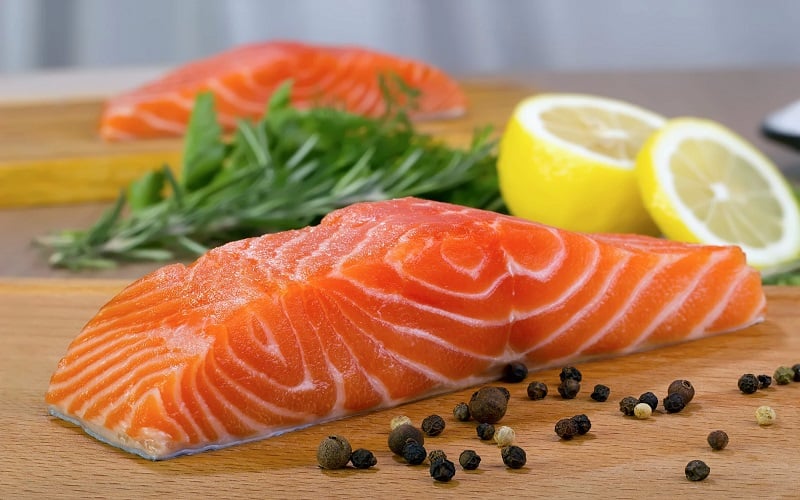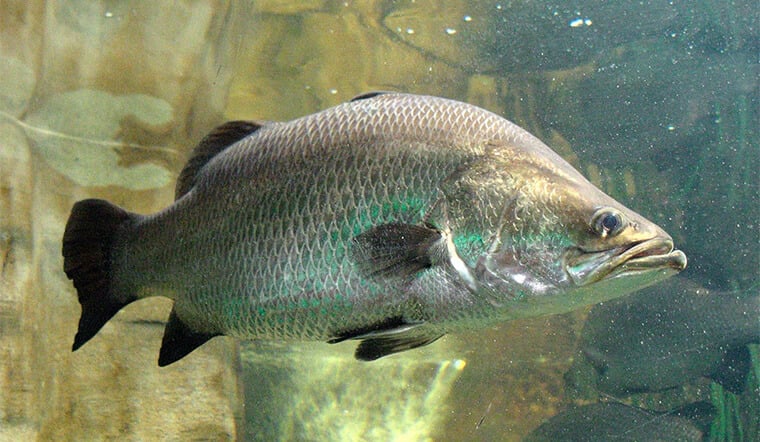Salmon
Salmon
Salmon is a powerhouse of nutrition, boasting an impressive profile of high-quality protein and a myriad of other nutrients, including significant amounts of vitamin D, selenium, and B vitamins. This fish seems to reign supreme among its aquatic counterparts when it comes to nutritional value and health benefits.
Research suggests that regular consumers of fatty fish like salmon tend to exhibit better health outcomes, with lower risks of heart disease, cognitive decline, and depression.
Omega-3 content: 2,150 mg of EPA and DHA (combined) per 100 g.

Mackerel
Mackerel
Mackerel is a small, tasty, and highly popular fatty fish, packed with omega-3 fatty acids. It’s a nutritional powerhouse, with a 100-gram serving providing 500% of the daily value (DV) for vitamin B12 and 130% for selenium.
Omega-3 content: 4,580 mg of EPA and DHA (combined) per 100 g.
Sardines
Sardines
Dr. Dinh Thi Kim Lien, former Director of Clinical Nutrition Center at Bach Mai Hospital and Nutritionist at Nutrihome Clinic System, reveals that sardines, despite their small size, pack a big nutritional punch. Often canned and enjoyed as a snack or appetizer, sardines are rich in DHA and provide 0.45 grams of EPA per serving. They’re also a good source of beneficial minerals and vitamins such as selenium, vitamin D, and vitamin B12.
Striped Bass
Striped Bass
Striped bass is a delicious fish that is widely consumed in Japan but less so in Vietnam. It’s an incredibly healthy choice, providing approximately 0.47 grams of DHA and 0.18 grams of EPA per serving. Striped bass is also a good source of protein and selenium.

Cod
Cod
Cod is a lean, protein-rich fish that offers numerous health benefits. While a serving of cod may not provide a significant amount of omega-3s (up to 0.2 grams), cod liver oil delivers approximately 2.6 grams of omega-3s per 15 ml. Cod is also an excellent source of B vitamins, selenium, and phosphorus.





























